Activision Blizzard Acquisition: FTC Challenges Court Ruling On Microsoft Deal
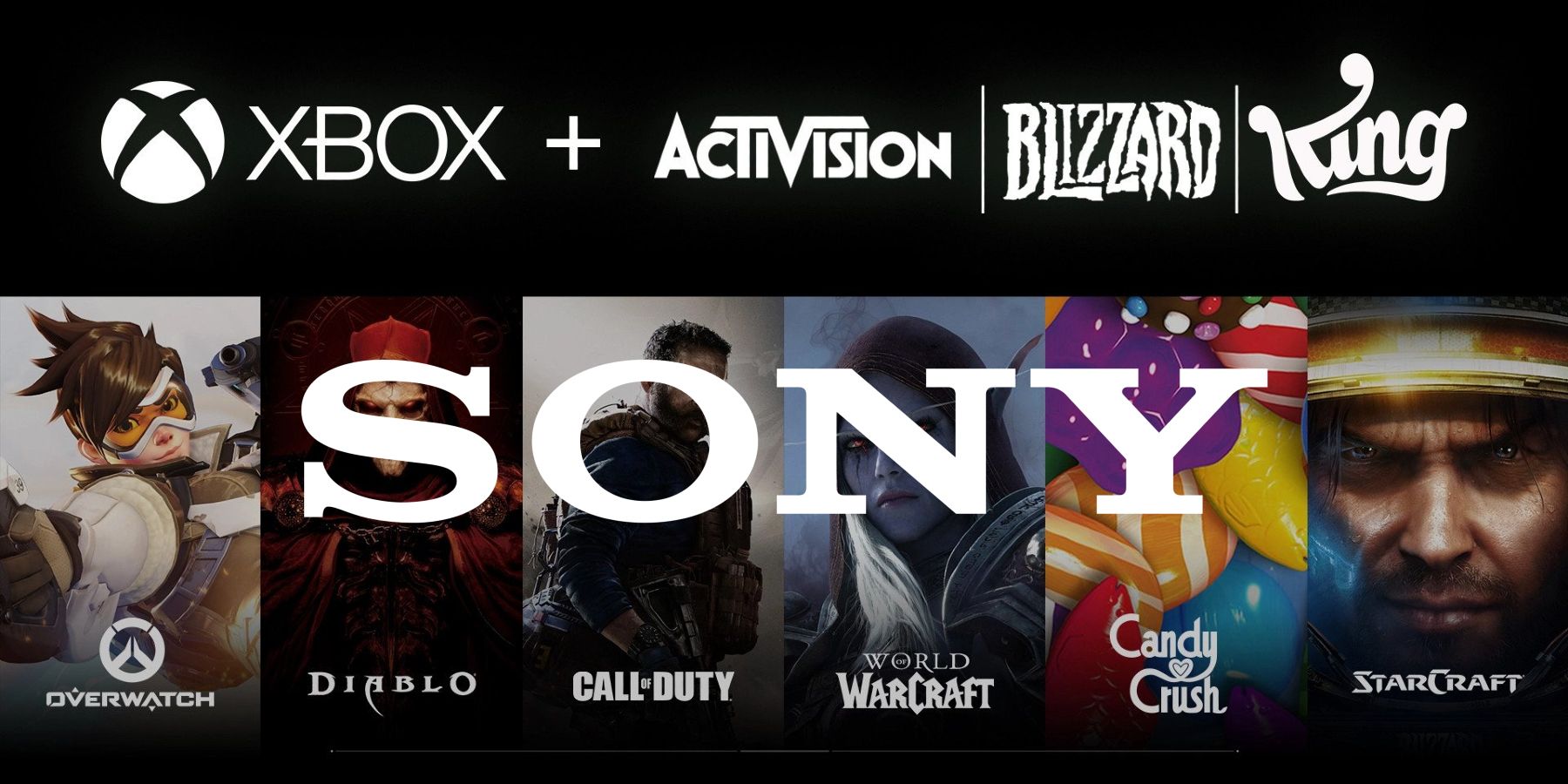
Table of Contents
The FTC's Concerns Regarding the Activision Blizzard Acquisition
The FTC's opposition to the Activision Blizzard acquisition stems from concerns about potential anti-competitive practices and the creation of a market-dominating entity.
Anti-competitive Practices
The FTC argues that the merger would stifle competition in the gaming market, particularly within the burgeoning cloud gaming sector.
- Microsoft's control over popular franchises: Securing titles like Call of Duty, World of Warcraft, and Candy Crush Saga gives Microsoft an unfair advantage. Their potential to make these titles exclusive to their platforms, or to offer them on competitors' platforms under unfavorable terms, significantly limits rivals.
- Limited access to popular titles for competitors' subscription services: This could cripple subscription services like PlayStation Plus and Xbox Game Pass competitors, hindering their ability to attract and retain subscribers. The lack of access to popular Activision Blizzard titles would severely impact their competitiveness.
- Potential for higher prices and reduced innovation: Reduced competition often translates to higher prices for consumers and a decrease in innovation as there's less pressure to offer better value or new features. This is a key concern for the FTC regarding the Microsoft-Activision Blizzard deal.
Market Dominance
The acquisition significantly boosts Microsoft's already substantial presence in the video game market, potentially leading to anti-competitive behavior.
- Amplified market position: Microsoft's strong position in gaming consoles (Xbox), PC gaming (Windows), and now mobile gaming (through King, a subsidiary of Activision Blizzard) would be dramatically enhanced, potentially creating an insurmountable barrier to entry for new competitors.
- Leveraging market power: The FTC worries Microsoft could use its increased market share to disadvantage competitors, potentially by offering exclusive deals or prioritizing its own titles at the expense of others.
- Market share analysis: Post-acquisition analysis reveals a significant concentration of market power in Microsoft's hands, a key factor underpinning the FTC's concerns. This analysis highlights the potential for diminished competition and consumer harm.
The Court's Initial Ruling and the FTC's Appeal
A federal judge initially dismissed the FTC's case, but the agency isn't backing down.
The Judge's Decision
A federal judge ruled in favor of Microsoft, dismissing the FTC's attempt to block the merger. The judge argued that the FTC hadn't provided sufficient evidence to demonstrate that the merger would substantially lessen competition.
- Judge's reasoning: The judge's decision focused on the specifics of the evidence presented, finding the FTC's predictions of anti-competitive behavior to be unconvincing.
- Evidence presented: Both sides presented extensive evidence, including economic models and expert testimony, focusing on the competitive landscape of the gaming industry. The judge's ruling highlighted weaknesses in the FTC's case.
- Microsoft's defense: Microsoft argued that the merger would benefit consumers through increased innovation and broader access to games. They also emphasized the commitments they made to ensure continued availability of Activision Blizzard titles on competing platforms.
The FTC's Appeal and Next Steps
Undeterred, the FTC immediately appealed the decision, setting the stage for a further legal battle.
- Grounds for appeal: The FTC's appeal likely centers on the judge's interpretation of the evidence and the application of antitrust laws. The FTC will argue that the judge overlooked crucial aspects of the potential harm.
- Appeal process timeline: The appeal process could take months, even years, to resolve. This prolonged uncertainty affects both companies' planning and investor confidence.
- Impact on acquisition completion: The appeal throws a wrench into the deal’s finalization, creating further uncertainty surrounding its ultimate success. The outcome of the appeal will ultimately determine the fate of the acquisition.
Implications for Gamers and the Gaming Industry
The Activision Blizzard acquisition has far-reaching consequences for gamers and the gaming industry.
Impact on Game Prices and Availability
The merger's impact on game pricing and availability remains a significant concern.
- Potential for price increases: Reduced competition could lead to higher prices for games and game-related services. The potential for price increases is a major concern for gamers.
- Impact on availability: The exclusivity of certain titles on Microsoft's platforms could limit access for players who use other consoles or gaming services.
- Reduced choice: A less competitive market could lead to fewer choices for gamers, reducing innovation and potentially harming the overall gaming experience.
Future of Cloud Gaming
The acquisition has profound implications for the future of the cloud gaming market.
- Microsoft's potential dominance: The merger significantly strengthens Microsoft's position in the cloud gaming sector, potentially leading to its dominance and stifling innovation from competitors.
- Impact on smaller providers: Smaller cloud gaming providers could face significant challenges, potentially forcing some out of the market.
- Long-term implications: The acquisition could reshape the landscape of cloud gaming, influencing technological advancements and the overall gaming experience in the years to come.
Conclusion
The FTC's challenge to the court's approval of the Activision Blizzard acquisition is a pivotal moment in the ongoing legal battle. The outcome will have profound implications for the gaming industry, influencing competition, innovation, and the experience for millions of gamers. The appeal process will be closely watched, with significant consequences for both Microsoft and Activision Blizzard. Stay informed about developments in this crucial case impacting the Activision Blizzard acquisition. Follow further updates to understand the complete picture of this landmark merger.

Featured Posts
-
 Dodgers Pursuit Of Next Big Mlb Free Agent What We Know
May 13, 2025
Dodgers Pursuit Of Next Big Mlb Free Agent What We Know
May 13, 2025 -
 Donald Trumps Climate Decision Bbcs Chris Packham Delivers Sharp Criticism
May 13, 2025
Donald Trumps Climate Decision Bbcs Chris Packham Delivers Sharp Criticism
May 13, 2025 -
 A Look At Eva Longorias 50th Birthday Fiesta In Miami
May 13, 2025
A Look At Eva Longorias 50th Birthday Fiesta In Miami
May 13, 2025 -
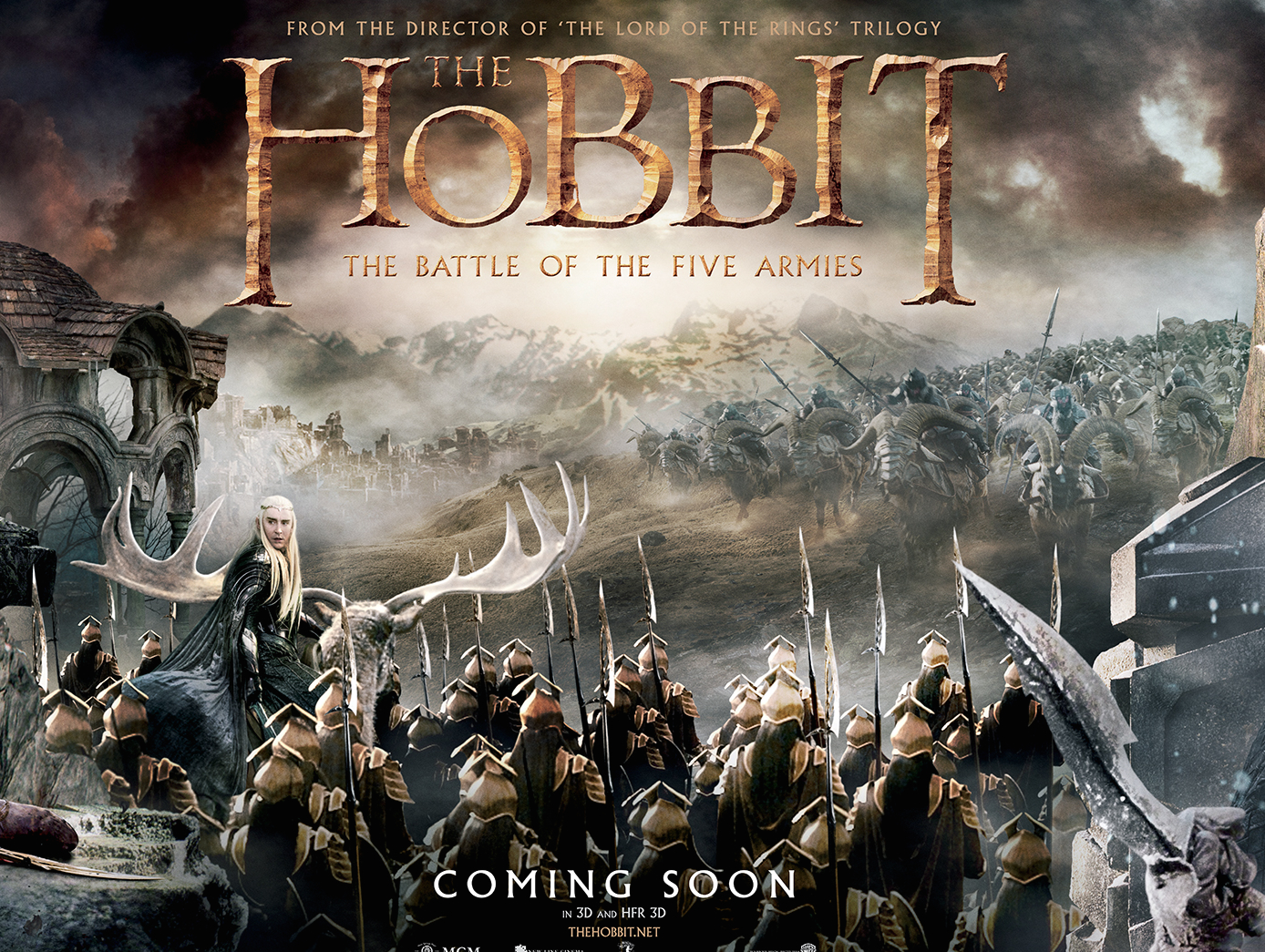 The Hobbit The Battle Of The Five Armies Behind The Scenes And Production
May 13, 2025
The Hobbit The Battle Of The Five Armies Behind The Scenes And Production
May 13, 2025 -
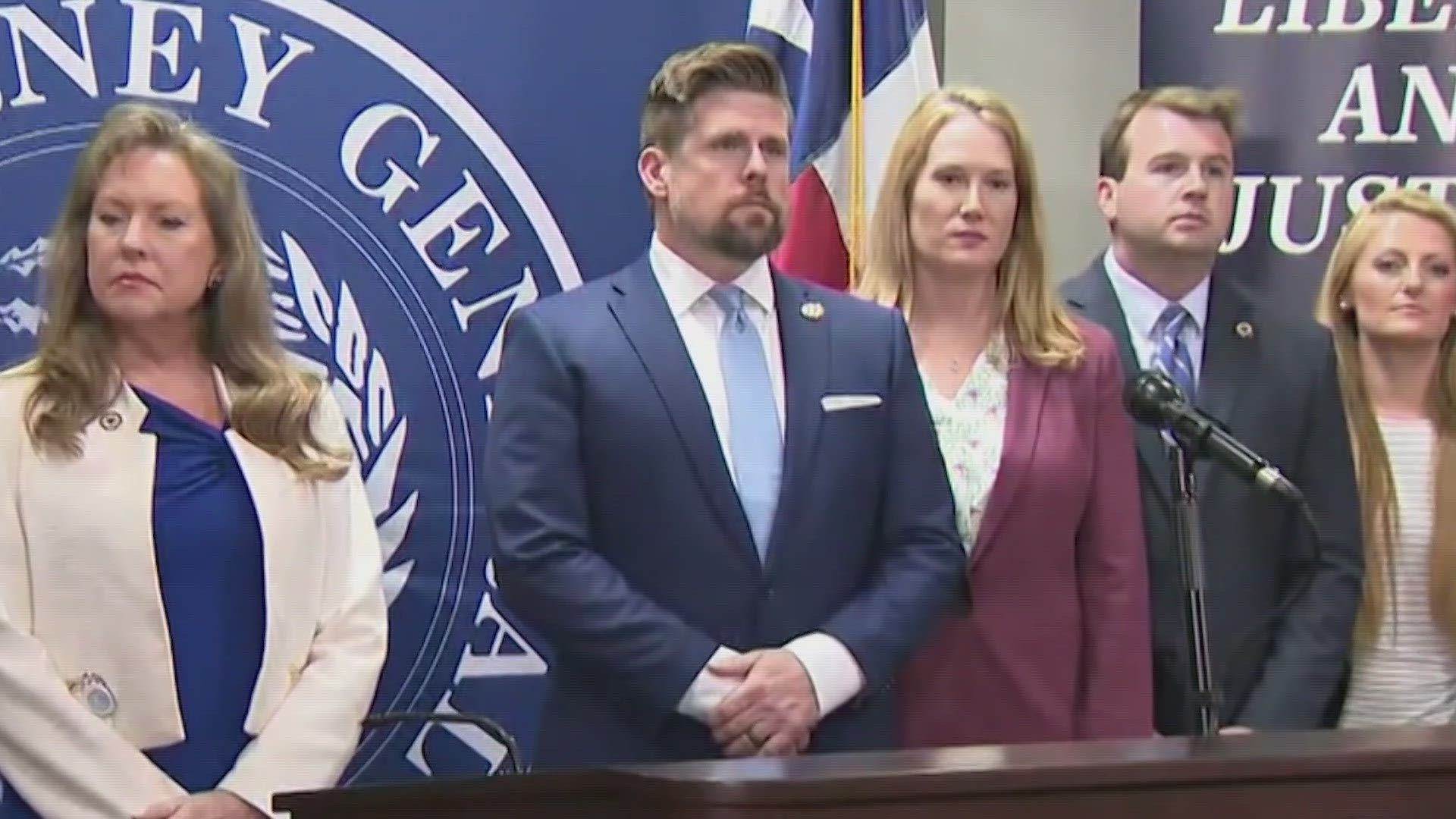 Planned Texas Islamic City Ex Paxton Attorney Addresses Sharia Law Concerns
May 13, 2025
Planned Texas Islamic City Ex Paxton Attorney Addresses Sharia Law Concerns
May 13, 2025
Latest Posts
-
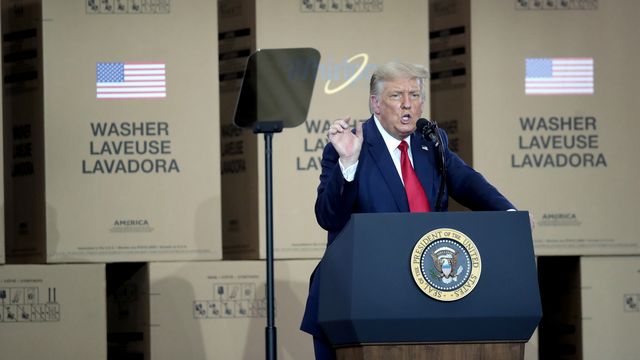 The Implications Of Trumps Executive Order For Drug Costs
May 13, 2025
The Implications Of Trumps Executive Order For Drug Costs
May 13, 2025 -
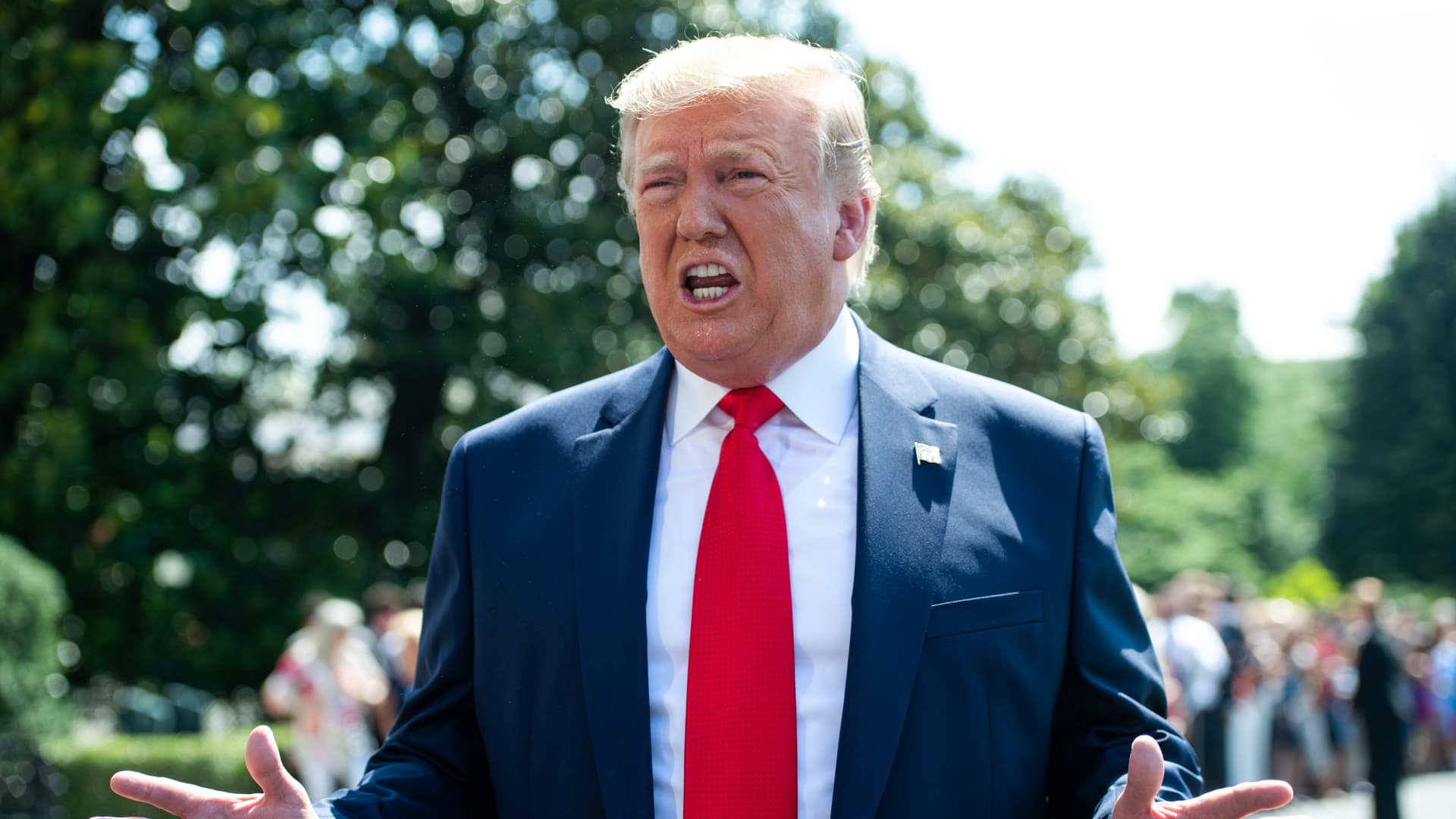 Analysis Of Trumps Executive Order On Pharmaceutical Prices
May 13, 2025
Analysis Of Trumps Executive Order On Pharmaceutical Prices
May 13, 2025 -
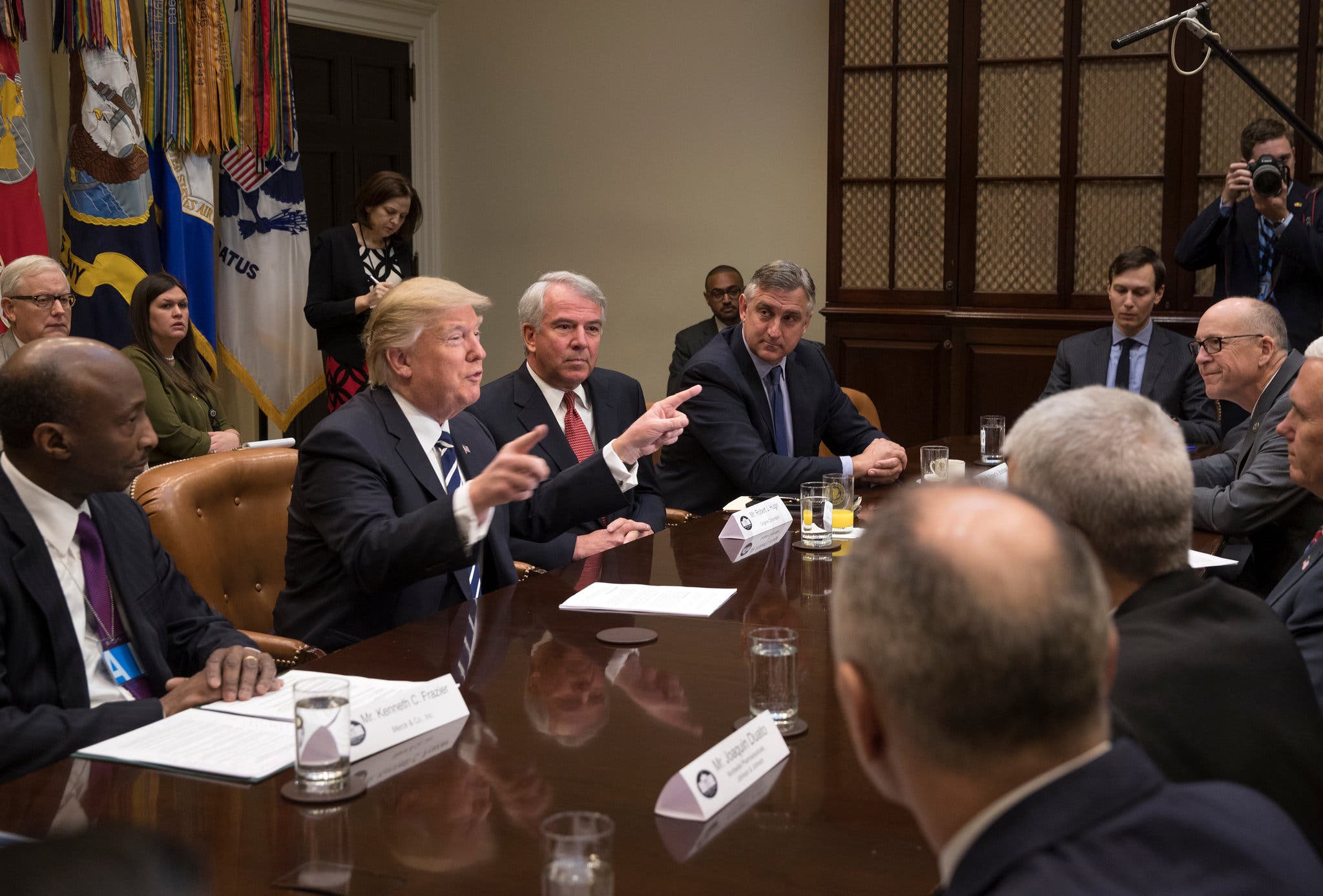 Understanding Trumps Executive Order To Reduce Drug Costs
May 13, 2025
Understanding Trumps Executive Order To Reduce Drug Costs
May 13, 2025 -
 Efficient Podcast Production Using Ai To Process Repetitive Documents
May 13, 2025
Efficient Podcast Production Using Ai To Process Repetitive Documents
May 13, 2025 -
 From Scatological Data To Engaging Podcasts The Power Of Ai
May 13, 2025
From Scatological Data To Engaging Podcasts The Power Of Ai
May 13, 2025
